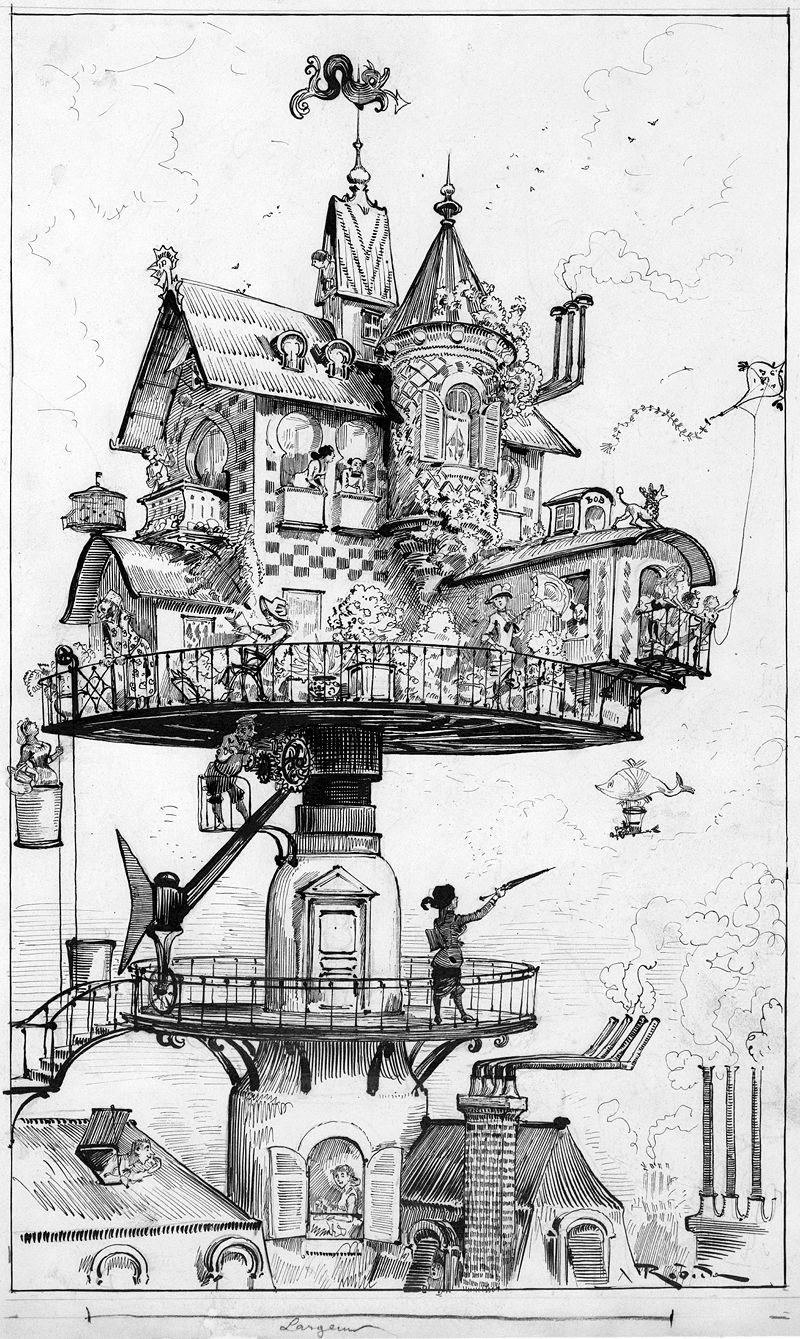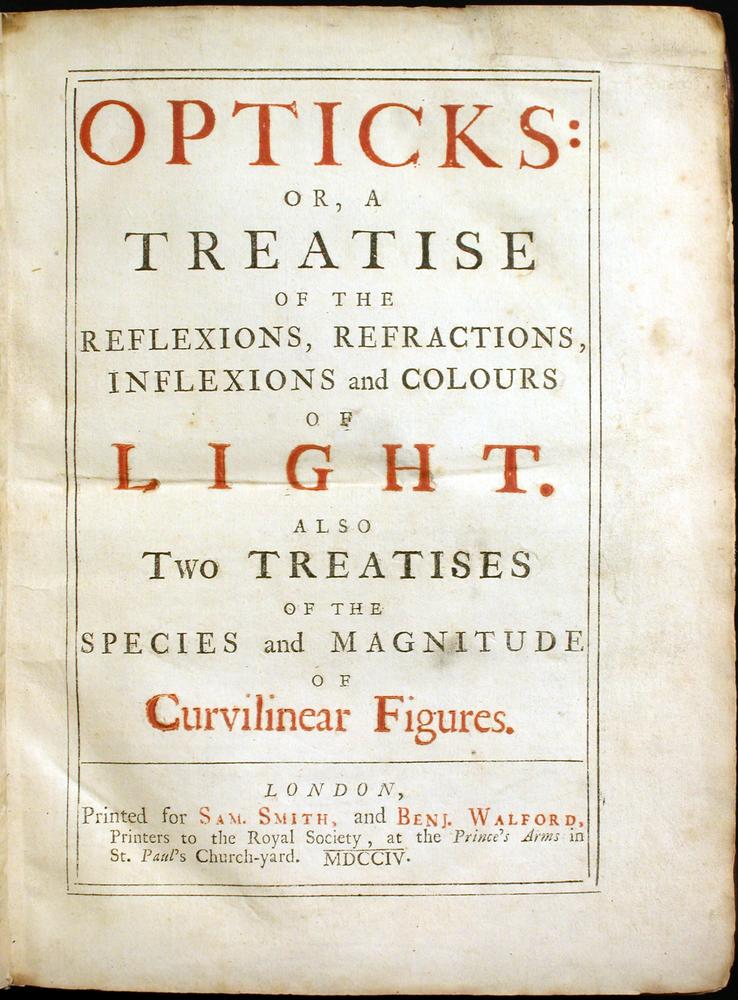IoT based Safety Gadget for Child Monitoring and Notification
- Home Page 176

A System for Medical Record Using Blockchain
This content is accessible to paid subscribers. To view it please enter your password below or send mike@standardsmichigan.com a request for subscription details.
Rocking Horse Community Health
This content is accessible to paid subscribers. To view it please enter your password below or send mike@standardsmichigan.com a request for subscription details.
Mechanical 100
ANSI Standards Action: January 26, 2024
During today’s colloquium we audit the literature that sets the standard of care for mechanical engineering design, construction operations and maintenance. Mechanical systems — which includes building service engineering* — runs upwards of 35 percent of new building construction. After architectural disciplines that produce the building envelope, the mechanical disciplines dominate technical considerations for building and maintaining education community physical spaces. The requirements that affect cost change on a near-daily basis and now given heightened scrutiny of building air flow patterns with the circumstances of the pandemic.
For the moment, we co-locate plumbing and mechanical system consensus products in the same group.






We track standards setting in the bibliographies of the following organizations:
AHRI | Air Conditioning, Heating & Refrigeration Institute
AIHA | American Industrial Hygiene Association
ASHRAE | American Society of Heating & Refrigeration Engineers
ASME | American Society of Mechanical Engineers
ASPE | American Association of Plumbing Engineers
ASTM | American Society for Testing & Materials
AWS | American Welding Society
AWWA | American Water Works Association
AHRI | Air Conditioning, Heating & Refrigeration Institute
IAPMO | International Association of Plumbing and Mechanical Officials
ICC | International Code Council
IEC | International Electrotechnical Commission
IMC | International Mechanical Code
IPC | International Plumbing Code
ISEA | International Safety Equipment Association
ISO | International Organization for Standardization
NFPA | National Fire Protection Association
SEFA | Scientific Equipment & Furniture Association
SMACNA | Sheet Metal Contractors National Association
UL | Underwriters Laboratories
(All relevant OSHA Standards)
It is a large domain. Through 2024 we will break down our inquiries thus:
Mechanical 200: Case studies
Mechanical 330: District energy
Mechanical 400: Commissioning
* Building services engineers are responsible for the design, installation, operation and monitoring of the technical services in buildings (including mechanical, electrical and public health systems, also known as MEP or HVAC), in order to ensure the safe, comfortable and environmentally friendly operation. Building services engineers work closely with other construction professionals such as architects, structural engineers and quantity surveyors. Building services engineers influence the architectural design of building, in particular facades, in relation to energy efficiency and indoor environment, and can integrate local energy production (e.g. façade-integrated photovoltaics) or community-scale energy facilities (e.g. district heating). Building services engineers therefore play an important role in the design and operation of energy-efficient buildings (including green buildings, passive houses and zero energybuildings. uses. With buildings accounting for about a third of all carbon emissions] and over a half of the global electricity demand, building services engineers play an important role in the move to a low-carbon society, hence mitigate global warming.
LEARN MORE:
George Herman Babcock — through his patents of pumps, steam engines, and novel boiler designs with collaborator Stephen Wilcox — raised the standard for safe boiler design & operation.https://t.co/qakAw4jfCn pic.twitter.com/3rCxXHkBfM
— Standards Michigan (@StandardsMich) October 21, 2020
Standards January: Language
“Language is the only homeland”
— Czesław Miłosz (Nobel Laureate, 1980)
Does school tend to teach British English or American English? In Germany we were definitely taught British English but we all learned American English from pirated Simpsons and Friends episodes… pic.twitter.com/8vXqfUfwNC
— Simon Kuestenmacher (@simongerman600) January 30, 2025
We could hasten agreement on technical solutions if partisans setting best practice standards could agree upon what we are talking about. Then again, the meaning of This or That can only be understood in context. All too frequently, when opposing partisans sense they are on the losing side of debate, they change the vocabulary or the fact set and we have to start all over again.
We gather our work on language standards over the past 30-odd years, starting with the definition of “Service Point” in the 1999 National Electrical Code and the 2002 National Electric Safety Code. In recent years, engineers have been challenged by finding common agreement on what a “microgrid” is. The dynamics of the struggle for competing stakeholders to agree on how to make educational settlements simpler, safer, lower-cost and longer-lasting is virtually identical to the struggle to agree on the meaning of modern English language in other domains.
The term “political correctness” was given currency when President George H.W. Bush explained the peril at the University of Michigan in 1992. Its peril has only expanded since.
Definition: “Developed versus Developing Country”
Electropedia: The World’s Online Electrotechnical Vocabulary
Noam Chomsky (University of Pennsylvania Doctoral Thesis): Transformational Analysis
Hilary Clinton Suddenly Speaks African American English Whilst Quoting the Bible
Bloomberg Originals: Hilary Clinton’s Accent Evolution
|
“I shall always be a common ignorant girl, and in my station I have to be respectable.” — Eliza Doolittle, from Pygmalion (George Bernard Shaw) |
Western Michigan University: My Fair Lady (Livecast from Lincoln Center)
DEI: Democrat President Joe Biden’s United States Supreme Court Appointment Does Not Know the Definition of “Woman”
African-American Vernacular English and education
“A great deal of intelligence can be invested in ignorance
when the need for illusion is deep.”
ASHRAE Terminology: A Comprehensive Glossary of Terms for the Built Environment
Jean Piaget:”The Language and Thought of the Child” (1926)
Today @landgeist shows us the second most taught foreign language in Secondary School across Europe. English is the number one. French still going strong. Eastern Europe studies German. Source: https://t.co/sU6xtA0X4S pic.twitter.com/X5pVUGyyWf
— Simon Kuestenmacher (@simongerman600) January 12, 2024
Daniel Patrick Moynihan: “The Negro Family: The Case for National Action”
Illumination 100
Replacing oil and natural gas lighting, the first practical electric light bulb was invented by Thomas Edison in 1879. Joseph W. Swan filed a similar Electric Lamp Patent in 1880. One of the first large-scale installations of electric lighting was at the Savoy Theatre in London in 1881, which was followed by the installation of electric lights in the Palace of Westminster in 1882. By the 1890s, electric lighting had become more widespread and affordable.
| Opticks: or, A treatise of the reflections, refractions, inflexions and colours of light | Sir Isaac Newton 1704 |
The widespread transition to LED lighting in buildings began in the early 2010s. While LED technology had been available since the 1960s, it wasn’t until the 2000s that the technology improved to the point where LED lighting was cost-effective and efficient enough to replace traditional lighting technologies like incandescent and fluorescent lighting. In addition to their energy efficiency, LED lights also have a longer lifespan than traditional lighting technologies, which makes them more cost-effective over the long term.
Today we refresh our understanding of the moment in illumination technologies. Illumination technology was the original inspiration for the electric utility industry; providing night-time security and transforming every sector of every economy on earth. Lighting load remains the largest component of any building’s electric load — about 35 percent– making it a large target for energy regulations. We are organizing our approach to this topic during 2023:
Illumination 100. Survey of illumination standards catalogs
Illumination 200. Interior illumination including industrial and laboratory occupancies
Illumination 300. Exterior illumination with emphasis on pathways
Illumination 400. Sport lighting, interior and exterior
Illumination 500. Advanced topics including relevant legislation and litigation.
Except jankiness for most of 2023. We have been doing this work since 1993 — starting with the National Electrical Code — and getting the topic organized into manageable segments will be a challenge.
Today our inquiry begins with selections from the following documents:
International Electrotechnical Commission TC 34 Lighting
IEC 60364 Electrical Installations in Buildings
Electrical installations and Protection Against Electric Shock
2023 National Electrical Safety Code
IEEE P3001.9 – Recommended Practice for the Design of Power Systems Supplying Lighting Systems in Commercial and Industrial Facilities (under development)
2023 National Electrical Code: Article 410
2019 ASHRAE 90.1: Chapter 9 Lighting
Illumination Engineering Society: Various titles
…and about 20 other accredited, consortia or ad hoc standards developers and publishers aligned principally with vertical incumbents. Illumination was the original inspiration (i.e. the first “killer app”) for the electrical power industry in every nation. Its best practice literature reflects a fast-moving, shape-changing domain.
Click in today with the login credentials at the upper right of our home page.
With a @UCIrvine @UCIEngineering faculty delegation to the @PacificSymphony to discuss our joint new instrument competition. The details are still being worked out but needless to say, it will be epic! pic.twitter.com/dvT4Mfp9xU
— UCI Engineering Dean (@UCIEngineerDean) September 25, 2023
More
International Commission on Illumination
National Electrical Manufacturers Association
Lighting Systems Division Standards
National Electrical Contractors Association
Standard for Installing Indoor Commercial Lighting Systems (NECA500-06PDF)
Standard for Installing Exterior Lighting Systems (NECA501-06PDF)
Standard for Installing Industrial Lighting Systems (NECA502-06PDF)
Representative Specifications
Sam Houston State University | Division 26500 Interior and Exterior Lighting
University of Delaware | Division 265100 Interior Lighting
Cal Poly University San Luis Obispo | Division 265100 Interior Lighting
Italian Wedding Soup
This content is accessible to paid subscribers. To view it please enter your password below or send mike@standardsmichigan.com a request for subscription details.
Academia
“Taking charge: Black electoral success and the redefinition of American politics”
Student Retention at the Community College: Meeting Students’ Needs
“Why England Slept” | John Kennedy, Harvard University
“There is Only the Fight: An Analysis of the Alinsky Model” | Hilary Clinton, Wellesley College
New update alert! The 2022 update to the Trademark Assignment Dataset is now available online. Find 1.29 million trademark assignments, involving 2.28 million unique trademark properties issued by the USPTO between March 1952 and January 2023: https://t.co/njrDAbSpwB pic.twitter.com/GkAXrHoQ9T
— USPTO (@uspto) July 13, 2023
Standards Michigan Group, LLC
2723 South State Street | Suite 150
Ann Arbor, MI 48104 USA
888-746-3670






















